THE POWER OF PLACE (Geography, Destiny, and Globalizations Rough Landscape)
"The Power of Place: Geography, Destiny, and Globalization's Rough Landscape" by Harm de Blij explores the profound impact of geography on human societies and global developments. In this book, de Blij argues that geography plays a crucial role in shaping the destiny of nations, communities, and individuals.
In the opening chapter, "Globals, Locals, and Mobals," de Blij introduces the concept of mobals, which are mobile individuals who transcend local boundaries. He examines the complex interplay between global forces, local cultures, and the mobility of people, goods, and ideas in the modern world.
"The Imperial Legacy of Language" delves into the historical significance of language and its enduring effects on societies. De Blij explores how language shapes cultural identity, influences political power structures, and often reflects historical patterns of imperialism.
"The Fateful Geography of Religion" focuses on the relationship between religion and geography. De Blij explores how religious beliefs and practices are influenced by physical landscapes, geographical barriers, and historical migration patterns. He also examines the geopolitical implications of religious conflicts and their impact on global affairs.
In "The Rough Topography of Human Health," de Blij examines how geographical factors affect human health and well-being. He explores the distribution of diseases, the impact of environmental factors on public health, and the disparities in healthcare access between different regions of the world.
"Geography of Jeopardy" explores the vulnerability of different regions to natural disasters and other hazards. De Blij examines the uneven distribution of risk and the factors that contribute to the resilience or vulnerability of communities in the face of adversity.
"Places Open and Shut" explores the dynamics of globalization and economic development. De Blij analyzes how geographic factors such as access to markets, resources, and transportation infrastructure shape the economic opportunities and disparities between different regions.
In "Same Place, Divergent Destinies," de Blij examines the divergent developmental paths taken by different regions that share similar geographic characteristics. He explores the complex interplay between geography, politics, culture, and historical legacies that contribute to variations in prosperity and quality of life.
"Power and the City" focuses on the role of cities as centers of economic, political, and cultural power. De Blij analyzes how urban geography influences the concentration of power, the formation of urban hierarchies, and the challenges of urban governance.
"Promise and Peril in the Provinces" shifts the focus to the periphery and explores the challenges and opportunities faced by rural and peripheral regions in an increasingly interconnected world. De Blij examines the potential for development, as well as the risks of marginalization and exploitation.
In the final chapter, "Lowering the Barriers," de Blij discusses the potential for reducing geographical barriers and promoting global cooperation. He explores the role of technology, international institutions, and policy interventions in creating a more equitable and sustainable world.
"The Power of Place" provides a comprehensive exploration of the ways in which geography influences human societies, economies, and global interactions. De Blij argues that understanding the power of place is essential for addressing global challenges and creating a more just and prosperous world.
🌍 The Power of Place – How Geography Shapes Our World
“The Power of Place: Geography, Destiny, and Globalization’s Rough Landscape” is a powerful exploration of how geography continues to define the fate of nations in a globalized world. Written with deep insight and strategic clarity, this book examines how physical landscapes — from mountain ranges and deserts to rivers and coastlines — continue to shape political boundaries, economic power, and cultural tensions.
Challenging the myth that globalization has erased borders, the author reveals how terrain, climate, natural resources, and physical barriers still influence everything from trade routes to warfare, migration, diplomacy, and economic inequality. From the Russian steppes to the South China Sea, this book offers a global tour of geopolitics driven by the raw force of geography.
Perfect for:
- 🌐 Political science and international relations students
- 📚 Geography buffs and global affairs enthusiasts
- 🧭 Analysts and strategists studying regional conflicts
- 🧠 Curious minds questioning how the world really works
This book reminds us that while technology moves fast, the Earth moves slow — and in that slowness lies the secret of power, influence, and survival. A must-read for understanding the hidden rules that govern the global order.
Keywords: Geography and Politics, Geopolitics, Globalization, Physical Geography, National Borders, Resource Conflict, International Relations, Global Strategy

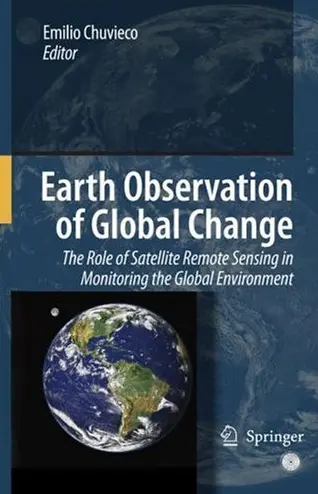
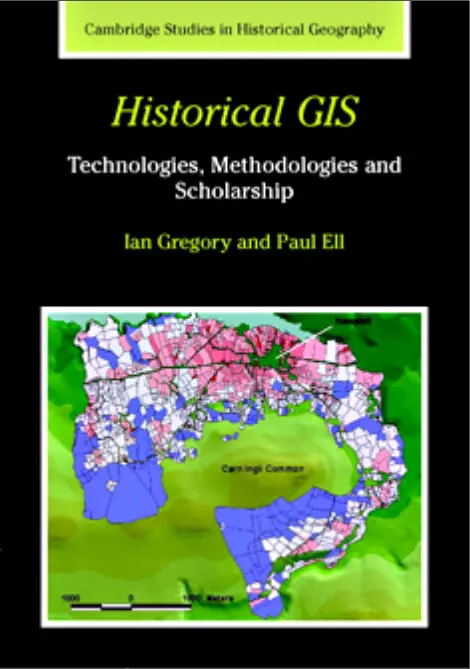
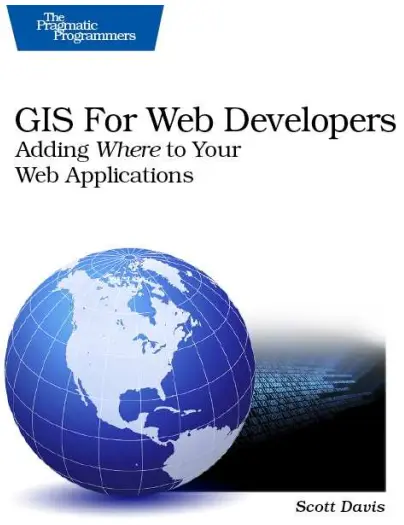
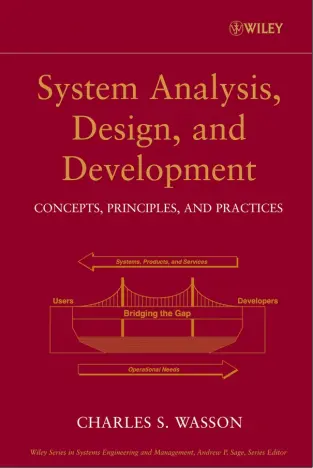
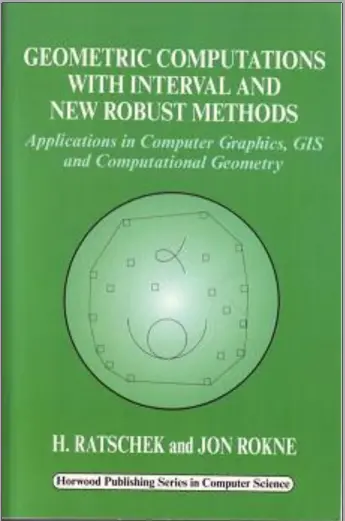
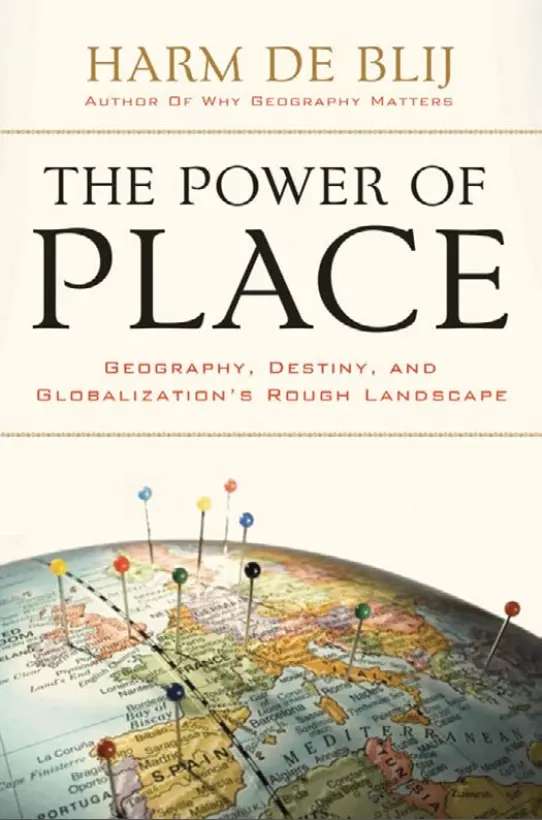
comments
Leave a Reply
Your email address will not be published. Required fields are marked *